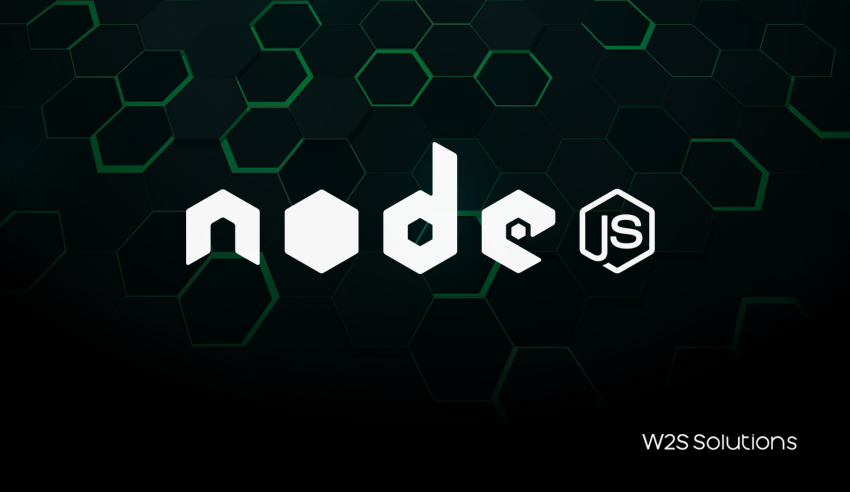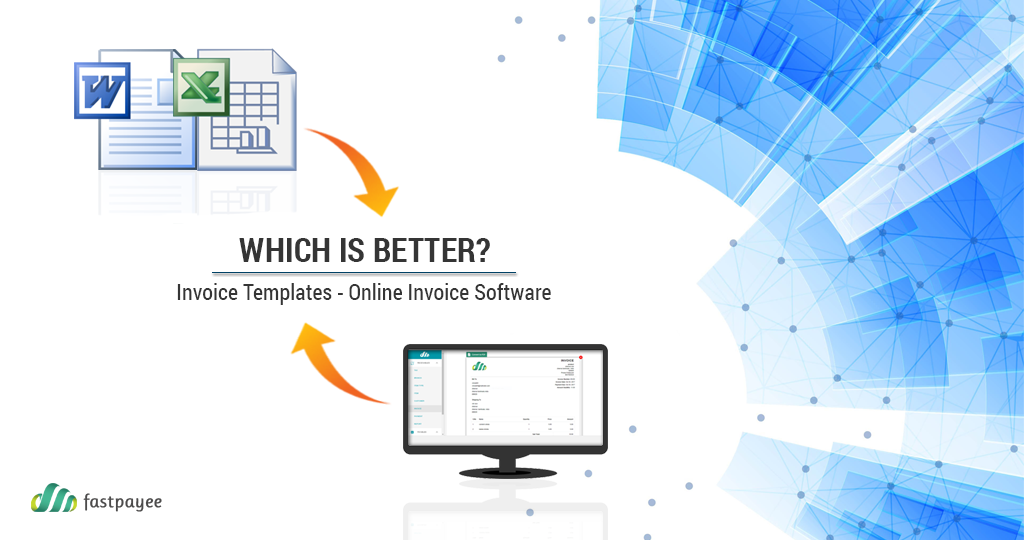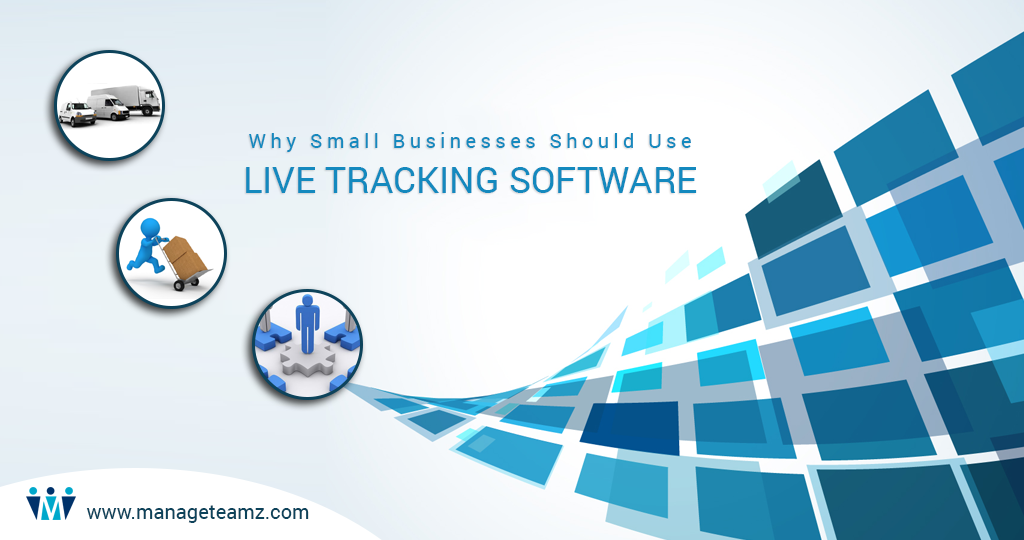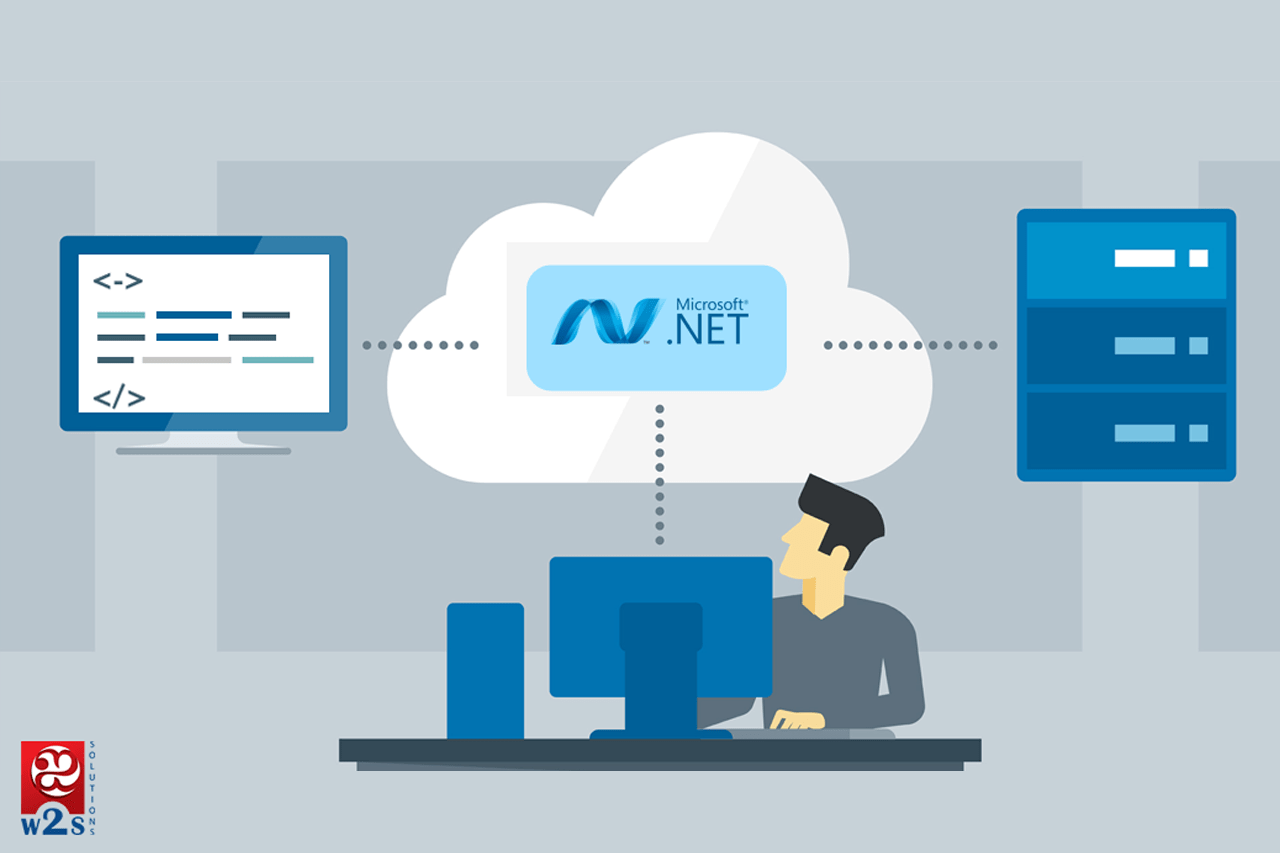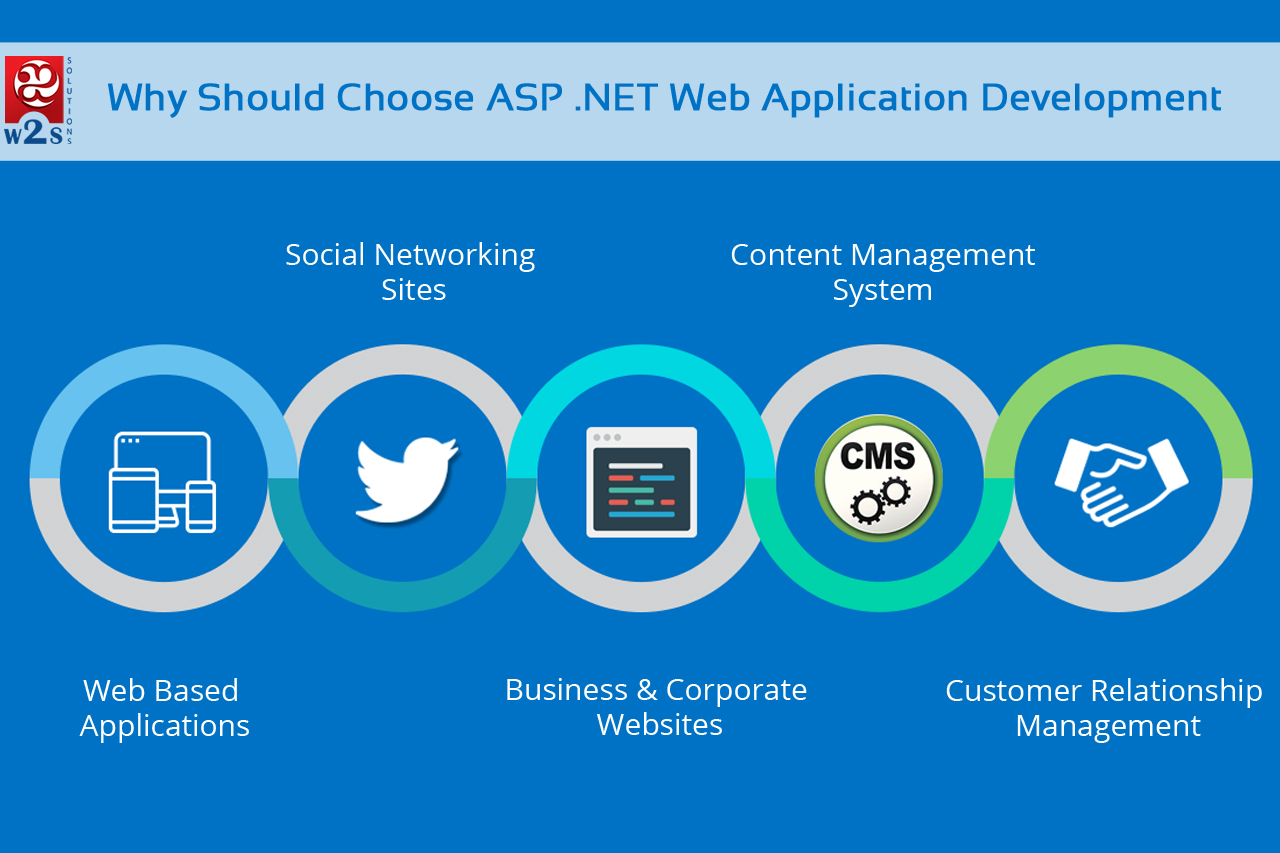JavaScript is not only the most well-known programming language but is also the most widespread technology of software development. The fields of apps for JavaScript are numerous. Node.js is known to be one of the tools that are utilized for server-side programming.
The question that now arises is how connecting Node.js and microservices can boost the workflow of the project. In this article, we will discuss how good Node.js is for developing the apps that are based on microservices. In short, we will be discussing the pros and cons of Node.js.
Node.js – What is it?
Node.js is neither a library nor a framework. Rather, it is a runtime environment that is based on Chrome’s V8 JavaScript engine. Node.js development has been quite famous since its introduction, in 2009. Since it is an open-source project, it was earlier sponsored by hosting solutions and cloud computing provider, Joyent. The technology also got adopted by numerous technology leaders such as Netflix, Walmart, Uber, and eBay.
Nonetheless, the wide-adoption began recently of the server-side JavaScript with Node.js. The interest of the developers rose in 2017 and has been high since then.
Microservices – What are they?
Microservices refer to the pattern of the design of the software. This pattern has the ability to disintegrate large apps into a collection of smaller and simpler apps. Such apps are deployable, maintainable, and testable individually.
The Connection between Microservices and Node.js
The aim of the creation of the Node was to make it easy to build apps that are microservices-based. Although its name clarifies the connection, its aim is to convey that Node apps must be made of various small distributed nodes that communicate with each other in order to make the app work.
In simpler words, microservices and Node.js are made for each other.
Advantages of Node.js
The following are the reasons why Node.js would be preferred by a web app development company.
#1: Easy development workflows

This means that a developer can easily work on their respective parts of the app without having to deal with the app as a whole. Since an app is made up of several small parts, these can be simplified and worked easily upon.
#2: Simplified updates and maintenance
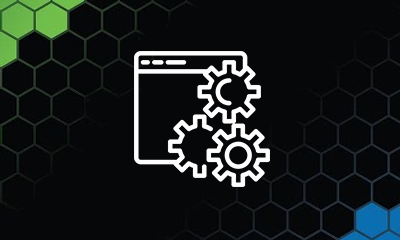
Node.js development provides an individual to enhance their system incrementally rather than investing in a large and expensive rewrite. Node encourages this approach by enforcing a service-based, modular structure of the app.
#3: Cost control

Through microservices that are the key focus of Node, one can only copy the fragments of the application that are really needed to be dealt with the extra traffic, saving money.
#4: Data Replication
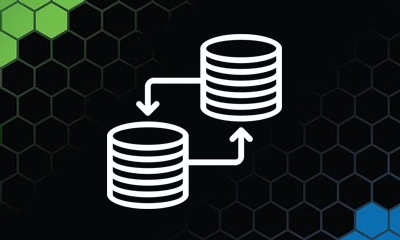
This is especially simpler with Node. Moreover, numerous NoSQL databases that benefit from Node, are accessible in the market, generally free of cost.
#5: Reliability and Performance

An app that is built by a web app development company through Node.js is stable and snappy. Moreover, these can be scaled up to infinity. The only limit, in this case, is the budget.
#6: Strong Technology Stack
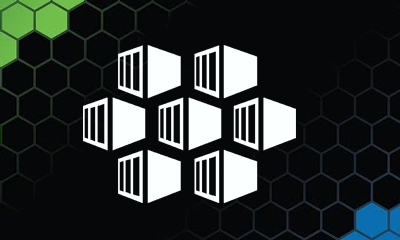
When one uses Node.js development, they get all the benefits of technology. These are as follows.
- A variety of tools free of cost
- Simplified sharing of knowledge within a team
- Performance and speed
- Code reuse and sharing
- The better overall productivity of developer and efficiency
#7: Event-based and Fast-processing Model

Features like a V8 engine, asynchronous request handling and non-blocking output/input are what make Node.js very fast.
Advantages of Microservices
The following are the benefits of microservices.
#1: Resistance to vendor lock-in
Various kinds of microservices within the same large app can be made by utilizing different languages of programming based on the problem.
#2: Better Performance
Because every microservice performs only one task, they are simple to be tuned and optimized for efficient working.
#3: Lesser Errors
Since microservices are pieces of technology that are bite-sized, it is easy to keep them free of errors.
#4: Scalability
Using microservices for monolithic apps makes it easier to handle them.
#5: Unified development of very complex products
Since microservices help in the breakdown, it is easier to conceptualize, make, and maintain complex apps.
#6: Better structure
An app that is properly structured is simpler to comprehend. This means that the new features of the app are simpler to design and implement. In other words, less money and time are spent on the analysis of business and more on the development of the apps.
Read Also – Front End, Back End, Full Stack—What Does it All Mean?
Pros of Integrating Microservices with Node.js
Now that you have clearly understood what microservices and Node.js are, how they are connected, and how are microservices and Node.js good, it is time to comprehend how good is Node.js for developing apps that are based on microservices. These are very similar to the pros of Node.js since it is made for microservices. The following are some benefits of their integration.
#1: Replication of Data

The replication of data is required for microservices that go well with Node.js. Moreover, the developers or programmers can get an advantage from NoSQL databases. This approach is an alternative to the traditional, tabular model of maintenance of databases. The utilization of Node.js can help the developers to optimize the benefits of the feature.
#2: Performance and Reliability of Apps

By utilizing Node.js, web app development company can build powerful applications, which live up to the expectations in terms of reliability and performance. In fact, the apps can be scaled infinitely.
#3: Higher Productivity
Node.js involves a package manager that comes with a number of modules that are capable of being utilized immediately by the developers. This aids in decreasing time consumption and reducing effort during the process of the development of the app.
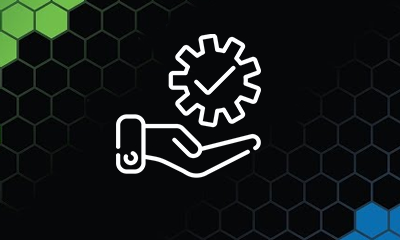
Moreover, one single language can be utilized in the whole stack. Furthermore, the developers can utilize the same modules in the frontend as well as the backend. The whole process boosts the productivity of the developers.
Conclusion
Now that you have understood the relationship between Node.js and microservices and how their integration is beneficial, you must be able to figure out how good is Node.js for developing apps based on microservices.
While microservices help in the simplification of large apps and help them to be structured well, Node.js provides benefits like data replication and high reliability and performance.
Node.js and microservices go hand in hand. Due to their numerous advantages, a web app development company is the most likely to utilize the integration of these two. This is especially due to the saved time and money and a higher productivity rate.
